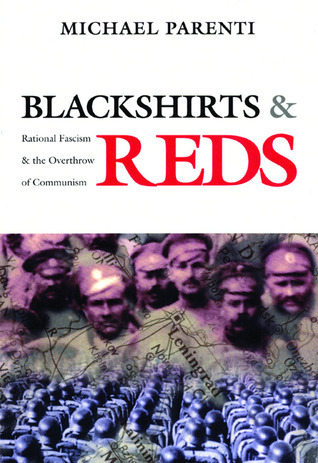What do you think?
Rate this book


166 pages, Paperback
First published June 1, 1997
[US] Corporations like DuPont, Ford, General Motors, and ITT owned factories in enemy countries that produced fuel, tanks, and planes that wreaked havoc on Allied forces. After the war, instead of being prosecuted for treason, ITT collected $27 million from the U.S. government for war damages inflicted on its German plants by Allied bombings. General Motors collected over $33 million.--We can add that fascism is such a natural tool for capitalism because fascist techniques have long been perfected in capitalism’s colonies: